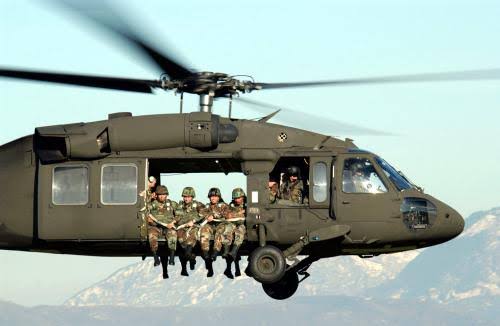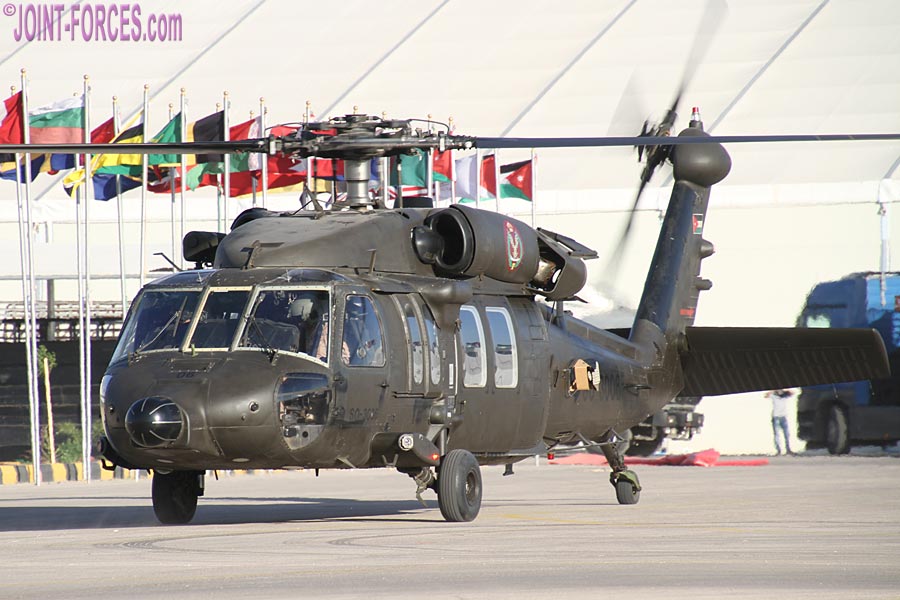UH 60 Black Hawk: Army Helicopter Functions and Abilities
UH 60 Black Hawk: Army Helicopter Functions and Abilities
Blog Article
The Effect of Sustainable Practices on the Future of Aircraft Operations and Emissions Decrease
As the air travel market deals with increasing scrutiny over its environmental impact, the fostering of sustainable methods becomes a crucial path towards future aircraft operations and exhausts reduction. Advancements in lasting air travel gas and developments in hybrid propulsion technologies stand at the leading edge of this change, promising considerable decreases in greenhouse gas discharges. The successful assimilation of these initiatives hinges on a variety of factors, including regulatory structures and market partnership. The concern stays: exactly how will these developing techniques improve the characteristics of flight and add to a more sustainable future?

Review of Sustainable Practices
Sustainable methods in airplane procedures encompass a variety of strategies focused on lowering environmental impact while preserving functional effectiveness. These techniques are essential in the aeronautics market's dedication to lessening its carbon footprint and sticking to international environmental requirements. Key initiatives consist of enhancing flight courses to lower fuel usage, enhancing maintenance protocols to ensure airplane operate at peak efficiency, and executing innovative innovations such as winglets and lightweight products that enhance aerodynamics.

Educating and involving personnel on sustainability techniques additionally play an essential function, fostering a society of environmental obligation within organizations. Overall, the combination of these sustainable practices not just assists decrease emissions but also boosts the long-lasting feasibility of the air travel sector, ensuring it satisfies the demands of both customers and governing bodies while contributing to international sustainability goals.
Innovative Fuel Alternatives
Numerous innovative gas options are arising as pivotal solutions to reduce the air travel market's reliance on traditional fossil gas. Amongst these alternatives, Lasting Aviation Gas (SAFs) have obtained considerable attention due to their prospective to decrease lifecycle greenhouse gas discharges by approximately 80% compared to traditional jet fuels. SAFs are stemmed from numerous feedstocks, consisting of waste oils, agricultural residues, and also algae, making them a versatile alternative for the industry.
One more appealing alternative is hydrogen gas, which, when utilized in fuel cells, produces just water vapor as a byproduct. Furthermore, electric propulsion systems are being explored, leveraging battery modern technology to power airplane.
Lastly, biofuels originated from biomass are being explored, providing a sustainable choice that can be blended with typical fuels. Collectively, these ingenious gas alternatives represent a vital step toward accomplishing a lasting air travel ecosystem, lining up with global emissions reduction targets and improving the market's ecological stewardship.
Technical Advancements in Aeronautics

Just how find can technological improvements improve the future of air travel? Advancements such as electrical and hybrid propulsion systems are at the leading edge, promising considerable decreases in gas usage and greenhouse gas discharges.
In addition, the implementation of innovative products, such as lightweight compounds, adds to enhanced aerodynamics and gas effectiveness. Making use of expert system and device understanding in trip procedures optimizes route planning and decreases fuel melt by enabling real-time modifications based upon climate and traffic problems. In addition, the advancement of independent and remotely piloted airplane systems stands to revolutionize cargo and guest transport, potentially increasing efficiency while decreasing human mistake.
In addition, sustainable aviation innovations, including sophisticated air web traffic administration systems, can improve procedures and lower congestion, resulting in lower discharges throughout trip. These improvements collectively represent a paradigm shift in aviation, assuring a future where sustainability and operational effectiveness are linked, thus supporting the market's dedication to minimizing its ecological impact.

Regulative Framework and Conformity
Taking into account the expanding emphasis on ecological stewardship within the aeronautics field, the regulative framework controling airplane procedures is progressing to promote sustainable methods. Regulative bodies, such as the International Civil Aeronautics Organization (ICAO) and numerous national air travel authorities, are introducing stringent standards focused on reducing discharges and enhancing functional effectiveness.
These guidelines frequently consist of the fostering of Sustainable Air travel Fuel (SAF), which has been identified as a crucial element in achieving reduced carbon footprints. Conformity with these regulations needs airline companies to carry out functional techniques and advanced innovations, such as enhanced trip courses and enhanced air website traffic monitoring, to decrease gas usage.
In addition, the enforcement of emissions trading plans and carbon balancing out efforts is coming to be progressively common, compelling airline companies to keep an eye on and report their emissions properly. Non-compliance can result in considerable fines, hence pressing drivers to prioritize sustainability in Get More Info their business versions.
Ultimately, the progressing regulative landscape not just drives technology and financial investment in eco-friendly innovations yet also fosters a society of liability within the aviation sector. As these structures continue to create, the emphasis on lasting techniques will certainly be indispensable to accomplishing view publisher site the field's lasting ecological goals.
Future Patterns in Airplane Workflow
As the aviation industry adapts to an increasingly rigid regulative atmosphere, future trends in airplane procedures are readied to concentrate on cutting-edge options that additionally improve sustainability and efficiency - uh 60. Key advancements will likely include the adoption of innovative air website traffic administration systems, which make use of real-time information and expert system to enhance flight paths, decreasing gas usage and exhausts
One more significant fad is the boosted combination of sustainable air travel fuels (SAFs) These options to conventional jet gas, originated from renewable resources, can significantly reduce lifecycle greenhouse gas emissions. The industry's commitment to SAFs will likely accelerate as airline companies team up with fuel manufacturers to ensure availability and cost-effectiveness.
In addition, the press in the direction of electrification and crossbreed propulsion systems is gaining momentum. Emerging aircraft layouts will certainly incorporate these technologies, offering quieter and much more efficient procedures, especially for short-haul flights.
Verdict
The fostering of sustainable aeronautics gas, paired with advancements in electrical and hybrid propulsion systems, is necessary for lessening lifecycle greenhouse gas exhausts. Enhancing flight paths and embracing ingenious modern technologies add to a quieter and more ecologically friendly aviation sector.
Innovations in lasting aeronautics fuels and developments in hybrid propulsion innovations stand at the leading edge of this makeover, appealing considerable decreases in greenhouse gas discharges.Various innovative gas options are arising as essential solutions to reduce the air travel sector's reliance on traditional fossil gas - uh 60. Amongst these choices, Sustainable Air travel Fuels (SAFs) have actually gained significant focus due to their potential to reduce lifecycle greenhouse gas discharges by up to 80% contrasted to traditional jet gas.An additional substantial fad is the raised combination of lasting air travel fuels (SAFs) The fostering of sustainable air travel fuels, paired with improvements in electrical and hybrid propulsion systems, is crucial for reducing lifecycle greenhouse gas emissions
Report this page